tough times never last
but tough people do
Hello all.
It’s been quite a while since I last wrote an article for this magazine, over a year I guess, I was thinking back to those early articles and how life was so different then. What turbulent times we find ourselves in currently. The Covid-19 crisis continues and I’m sure most people’s lives have been touched by it. Ours certainly have. As a consequence of living in a very different and often difficult world, I’ve been giving a lot of consideration to maintaining good health subsequent to my own brush with Covid, and particularly mental health.
As boat owners ourselves it’s been very frustrating not to be able to spend as much time as we are used to on-board. Taking opportunities to go for canal side walks is lovely if you can, and if the mud isn’t too obstructive. For people who live on-board their boats, having to isolate can be the cause of much stress; with limitations on available space etc. We can only hope that these times will eventually pass, and a near normal a life as possible will resume.
In this article I’m going to talk a bit about some of the things that I do to try to keep myself feeling balanced and not overwhelmed by all that’s going on in the world. It’s a tough task staying mentally well and focussed, and I don’t always succeed, but there are a couple of things I’ve found helpful.
Woebot™ Wysa™
 These are examples of innovative free (and totally confidential) apps for your phone or tablet. The apps work on algorithms fronted by an interactive robot or creatures who check in with you each day a time you choose and enables you to talk about your mental wellbeing. They ask pertinent questions, and give suggestions of mechanisms to help to cope with certain problems. They can enable you to keep a gratitude journal, support mindfulness, meditation etc. They will also pick up certain words that you may use and suggest that if you feel that you are in crisis there are some resources to hand that may help.
These are examples of innovative free (and totally confidential) apps for your phone or tablet. The apps work on algorithms fronted by an interactive robot or creatures who check in with you each day a time you choose and enables you to talk about your mental wellbeing. They ask pertinent questions, and give suggestions of mechanisms to help to cope with certain problems. They can enable you to keep a gratitude journal, support mindfulness, meditation etc. They will also pick up certain words that you may use and suggest that if you feel that you are in crisis there are some resources to hand that may help.
They’re perhaps not for everyone, but I found it was definitely worth a look, even just for the interest in how technology can support people in difficult times. I did enjoy doing the gratitude journal and it made me realise that whilst life isn’t as we’d like it currently, there are things in life that are good and are there to be enjoyed.
There are many other apps available that can give free access to people who may need some help keeping balance during difficult times.
Exercise
I’m sure that we’re all aware of the benefits form exercise on physical health. Exercise also plays an enormous part on helping mental health too.
It’s daunting to start and very easy to put off becoming more active. And being ACTIVE, is perhaps a more helpful way to think about it rather than exercise.
Exercise brings to mind joining a gym, getting out on a bike, swimming etc. These activities that have cost (financial, time, inconvenience) attached to them, and will put many people off doing them.
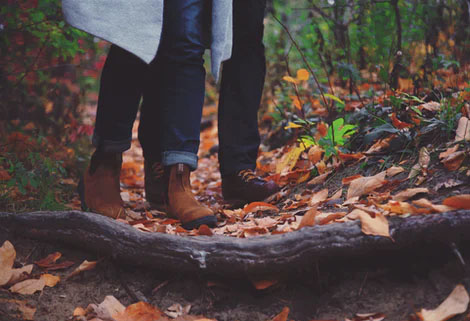
Becoming more active is a lot easier to think positively about. Anything is better than nothing. Anywhere is better than nowhere. (if you do have health problems and are concerned about increasing your activity, have a word with your Dr or Nurse before you start)
So here’s a few suggestions:
- Short walks if you are able to.
- Gentle stretches
- Head and neck rolls
- Using a step indoors to gradually build up your tolerance.
- Housework – double benefits here...nice clean boat/house, and more activity.
By increasing our activity we increase the blood flow round our bodies, and we release certain hormones especially one called endorphin, which really promotes a great sense of wellbeing.
The hardest part is starting, but to get in the right frame of mind maybe have a think about it first, plan a day or time to start and what you’re going to do, and you’re already well on your way.
Art as therapy
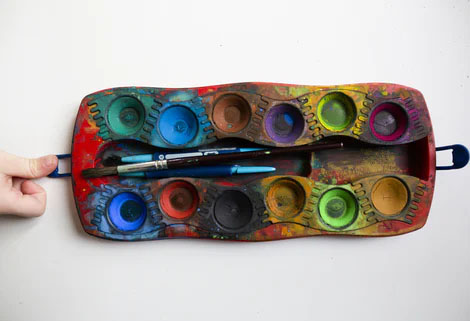 I’ve always loved art, and have long bemoaned the fact that I believed that I had no artistic ability at all. When I was at school, art was a subject where if you were ‘good’ at it, you found favour with the teacher and had lots of encouragement, whilst the rest of us were essentially written off. I didn’t try thereafter to do anything arty, but loved going to galleries and enjoying the work of others.
I’ve always loved art, and have long bemoaned the fact that I believed that I had no artistic ability at all. When I was at school, art was a subject where if you were ‘good’ at it, you found favour with the teacher and had lots of encouragement, whilst the rest of us were essentially written off. I didn’t try thereafter to do anything arty, but loved going to galleries and enjoying the work of others.
I have a friend who was an art teacher and now is a full time professional artist. I was telling her one day a couple of years ago, about how I felt envious of her talents, and how I loved the work she does. I explained I would love to be able to draw and paint but I couldn’t. She said this:
“Of course you can draw and paint, we are all artists, we either chose to make art or not to, so I suggest that you get started. All you need to do is to produce something that pleases you, and if it doesn’t.. throw it away. But keep on doing it, and you will make art that will make you very happy”.
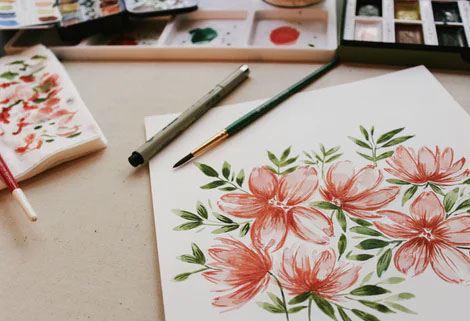
So I did. I started with an old sketch book of my daughters, found some pencils and an eraser and set to work trying to draw my hand! It wasn’t brilliant, but I thought it wasn’t bad either, it looked like a hand at least, and I really enjoyed doing it.
I found some drawing tutorials on line and followed them as best I could. I just kept at it. I started to find out a lot more about art, and that it’s not all about producing faithful representations of things, i.e. that look like photos, but to be inspired by things that we like and to go with it. Colours and lines or anything that we can get totally involved in and enable our minds to be focussed on that image alone. By doing this, we escape from the world outside and the negativity that can consume us.
Art therapy is used extensively in treating severe mental illness. It enables people who are really struggling to have an outlet to express themselves and the difficulties that they are living with. Skilled therapists support people in using art therapy, but we can all benefit from taking a little time, a few very inexpensive materials and letting our minds free.
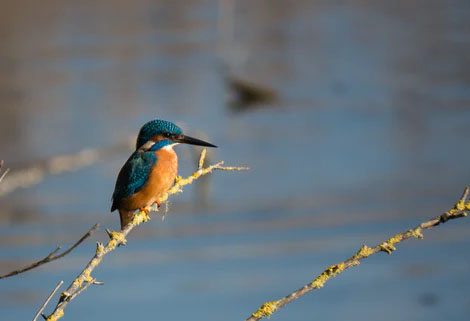 Thinking of canal side living and visiting offers fantastic opportunities for artistic inspiration.
Thinking of canal side living and visiting offers fantastic opportunities for artistic inspiration.
You may not feel that you want to sit outside drawing etc, but it’s great to take a few photos and see if any inspire you to draw or paint.
I often find that the colours around the canals inspire me, a fleeting glimpse of a kingfisher for example gave me an idea to put some watercolours on a paper, turquoise first, followed by bright orange here and there, green for the leaves and a splosh of brown for the canal water. It’s not a picture of a kingfisher, but it’s a memory of the time I saw one and the colours that were so beautiful. Don’t get me wrong, nobody will be hanging this picture on their wall anytime soon but the colours and the memory make me very happy, and the making of it made me happier still.
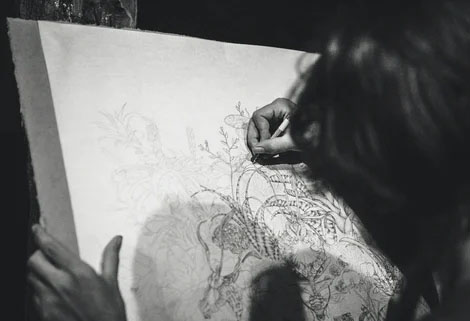 Nobody only you are allowed to judge your work, if you like it then you’ve won first prize! If you don’t, then you can throw it away, or maybe keep it as a ‘work in progress’ or file it as a ‘this is what I did when I first started’.
Nobody only you are allowed to judge your work, if you like it then you’ve won first prize! If you don’t, then you can throw it away, or maybe keep it as a ‘work in progress’ or file it as a ‘this is what I did when I first started’.
Materials for art can become an obsession, and be very expensive. They can also cost next to nothing, and be just what you need. The most expensive oil paints in the world won’t turn you into Rembrandt, only he was able to paint the way he did. But some inexpensive paper, pencils and so on are a good start that you may already have at home. Remember it’s all about doing something that pleases you and gives you a little time to escape. And that is a very good thing for your mental wellbeing.
I just want to conclude by wishing you all the very best. Take great care of yourselves, and I hope you find contentment in the things you do.
“Tough times never last, but tough people do.” – Robert Schuller
